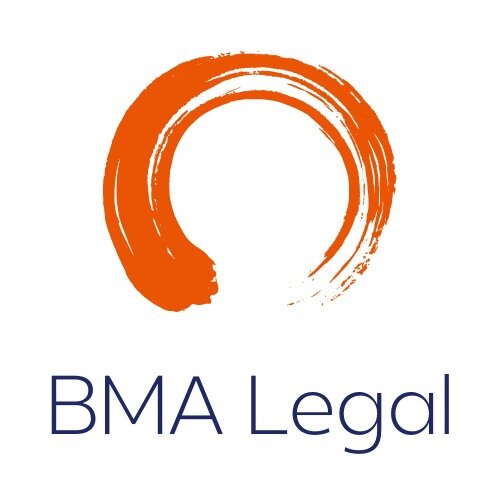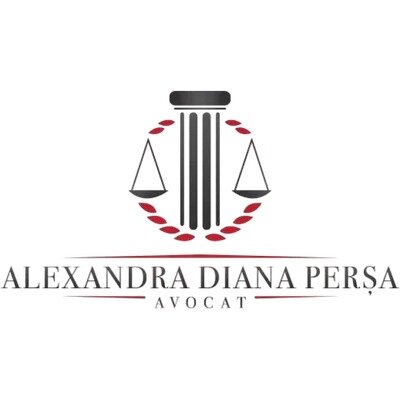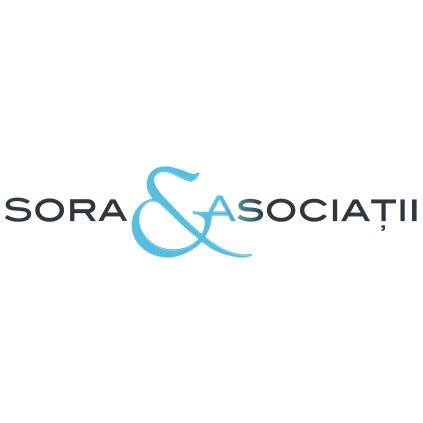Best Bankruptcy & Debt Lawyers in Romania
Share your needs with us, get contacted by law firms.
Free. Takes 2 min.
Or refine your search by selecting a city:
List of the best lawyers in Romania
About Bankruptcy & Debt Law in Romania
Bankruptcy and debt law in Romania is primarily governed by the Insolvency Law, focused on restructuring and liquidation procedures for legal entities, and relevant provisions for individuals. The legislation aims to provide a fair and orderly process for resolving financial distress and ensuring creditor rights while allowing the potential for debtor rehabilitation. Given the complexities of financial obligations and legal processes involved, understanding the intricacies of Romanian bankruptcy and debt law is crucial for individuals and businesses facing financial difficulties.
Why You May Need a Lawyer
Engaging a lawyer in matters of bankruptcy and debt is vital due to the complexity and potential impact of these issues on personal and business finances. Common situations necessitating legal assistance include:
- When filing for bankruptcy as an individual or a company, understanding the procedural requirements and implications is crucial.
- Debt negotiation or restructuring, where legal expertise can facilitate discussions with creditors for a more favorable outcome.
- Attending court proceedings involving debt disputes or insolvency cases, where legal representation can protect your interests.
- Advising on the implications of bankruptcy on future creditworthiness and financial operations.
- Ensuring compliance with all relevant statutory requirements and deadlines to avoid complications or penalties.
Local Laws Overview
The insolvency process in Romania is primarily dictated by Law 85/2014, known as the Insolvency Law. Key aspects include:
- Debtor Initiation: A debtor may voluntarily enter into insolvency proceedings when unable to meet due payments.
- Creditors’ Rights: Creditors can initiate proceedings if a debtor fails to meet obligations, subject to certain conditions.
- Reorganization Plans: Companies can undergo reorganization to restructure their assets and liabilities to satisfy creditors.
- Liquidation Process: If reorganization is not feasible, company assets may be liquidated to pay off debts.
- Priority of Claims: The law establishes the priority order for different types of debts during repayment.
Frequently Asked Questions
What happens when an individual files for bankruptcy in Romania?
Individuals may file for personal bankruptcy under specific conditions, typically resulting in asset liquidation and debt discharge, though subject to certain exemptions and limitations.
Can I keep my house if I declare bankruptcy?
While some assets may be exempt from liquidation, this largely depends on the specifics of the individual’s situation and applicable laws.
How does bankruptcy affect my credit score?
Bankruptcy will significantly impact credit scores, often leading to lower scores and difficulties securing credit in the future.
What is the duration of bankruptcy proceedings in Romania?
The duration varies depending on the complexity of the case, ranging from months to several years for complete resolution.
Can all debts be discharged in bankruptcy?
Not all debts can be discharged; some obligations like fines, alimony, and certain taxes may remain enforceable.
Are there alternatives to bankruptcy?
Yes, alternatives include debt restructuring or negotiation, which may offer solutions without resorting to formal bankruptcy.
What costs are involved in filing for bankruptcy?
Costs can include court fees, administrative fees, and lawyer fees, which vary depending on the complexity of the case.
What role do creditors play in bankruptcy proceedings?
Creditors can initiate insolvency proceedings and are actively involved in reviewing and approving reorganization plans.
When should I consider consulting with a bankruptcy lawyer?
Early consultation with a lawyer is recommended if facing financial distress, prolonged inability to pay debts, or responding to creditor actions.
What happens if a company goes into insolvency?
For companies, insolvency can lead to reorganization attempts or complete liquidation to satisfy creditors, impacting stakeholders significantly.
Additional Resources
Consider exploring these resources for more information and assistance:
- National Trade Register Office (ONRC) - Provides official information on insolvency procedures.
- Ministry of Justice - Offers legal insights and updates on Romanian laws.
- Professional organizations such as the National Union of Insolvency Practitioners in Romania (UNPIR).
- Legal aid clinics and pro bono services for those unable to afford private legal representation.
Next Steps
If you require legal assistance with bankruptcy or debt issues, consider taking the following steps:
- Research and identify specialized bankruptcy lawyers in Romania who understand local laws and can navigate your specific situation.
- Schedule consultations to discuss your case and obtain a clear understanding of your options and potential outcomes.
- Prepare relevant financial documents and details of your debts to facilitate a thorough evaluation by your lawyer.
- Confirm fee structures and terms of representation to ensure clarity on costs and expectations.
Proper legal guidance can help you navigate the complexities of bankruptcy and debt resolution effectively, safeguarding your future financial stability.
Lawzana helps you find the best lawyers and law firms in Romania through a curated and pre-screened list of qualified legal professionals. Our platform offers rankings and detailed profiles of attorneys and law firms, allowing you to compare based on practice areas, including Bankruptcy & Debt, experience, and client feedback.
Each profile includes a description of the firm's areas of practice, client reviews, team members and partners, year of establishment, spoken languages, office locations, contact information, social media presence, and any published articles or resources. Most firms on our platform speak English and are experienced in both local and international legal matters.
Get a quote from top-rated law firms in Romania — quickly, securely, and without unnecessary hassle.
Disclaimer:
The information provided on this page is for general informational purposes only and does not constitute legal advice. While we strive to ensure the accuracy and relevance of the content, legal information may change over time, and interpretations of the law can vary. You should always consult with a qualified legal professional for advice specific to your situation.
We disclaim all liability for actions taken or not taken based on the content of this page. If you believe any information is incorrect or outdated, please contact us, and we will review and update it where appropriate.
Browse bankruptcy & debt law firms by service in Romania
Romania Attorneys in related practice areas.
Browse bankruptcy & debt law firms by city in Romania
Refine your search by selecting a city.

















